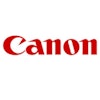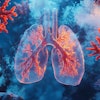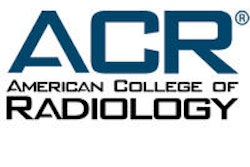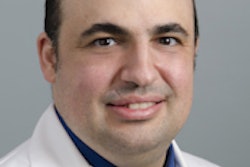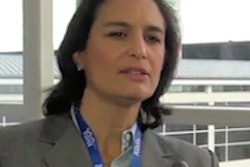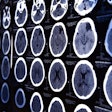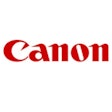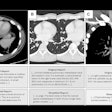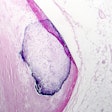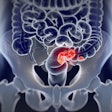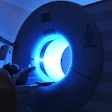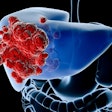
The American College of Radiology (ACR) is one of a group of organizations asking the U.S. Centers for Medicare and Medicaid Services (CMS) to revise its proposed guidelines for low-dose CT lung cancer screening to increase the number of individuals eligible for Medicare payment for the scans.
CMS in November announced it would agree to make CT lung cancer screening eligible for Medicare payment under certain criteria. In making the announcement, CMS bucked the advice of its own advisory panel, the Medicare Evidence Development and Coverage Advisory Committee (MEDCAC), which recommended in an April hearing that CMS reject coverage for CT screening due to concerns over cost-effectiveness.
While CMS rejected MEDCAC's guidance, it did put in place a number of restrictive criteria designed to address the committee's concerns that CT screening would be overused and result in additional radiation delivered to individuals. These criteria include the following:
- Individuals must be between the ages of 55 and 74, be asymptomatic, and have a smoking history of 30 pack-years or more, remaining a current smoker or having quit within the past 15 years.
- Scans must be performed at 1.5 mSv of radiation dose or less.
- Screening subjects must participate in a shared decision-making process with their physician and receive counseling on the importance of not smoking.
- Screening facilities and practitioners must be board-certified, accredited, and experienced in interpreting lung cancer screening exams.
- Data from screening programs must be reported to a national data registry.
However, some screening proponents have criticized the guidelines as being too restrictive. In a December 8 letter, ACR, the Lung Cancer Alliance, and the Society of Thoracic Surgeons urged CMS to revise the guidelines as follows:
- Raise the age bracket for those eligible for screening to 55 to 80 years.
- Revise the definition of asymptomatic patients to include those with symptoms or conditions such as chronic obstructive pulmonary disease (COPD), smoker's cough, asthma, and emphysema.
- Clarify that individuals only need a written order and to complete a shared decision-making visit for the initial CT screening exam, not for subsequent tests.
- Remove the 15-year threshold by which individuals must have stopped using tobacco.
- Approve Medicare payments for sites that are already accredited as providers of chest CT scans and lung cancer screening centers.
With respect to the age limit, the societies noted that the U.S. Preventive Services Task Force (USPSTF) recommended that CT lung cancer screening be offered to high-risk individuals between the ages of 55 and 80.
"The median age of diagnosis for this particular disease is 70 years and a cap of 74 would exclude a large patient group where this exam is medically necessary and appropriate," the letter states. "Along with concerns surrounding limited patient access, our organizations are concerned that excluding patients between the ages of 75 and 80 from this benefit creates a lack of uniformity among governmental recommendations, as well as an unintentional exacerbation of healthcare disparities."
With respect to the 15-year smoking cessation rule, the societies believe that the guideline will actually create an incentive for individuals to start smoking again to become eligible for screening. In any event, there is no evidence that lung cancer risk drops 15 years after stopping smoking, the groups wrote.
Finally, the societies urged CMS to recognize ACR's CT Accreditation as an approved accrediting body and ACR's Lung Cancer Screening (LCS) Center Designation as an accepted certification program. In the several months since the LCS Designation program launched, it has processed more than 300 applications, they noted.



